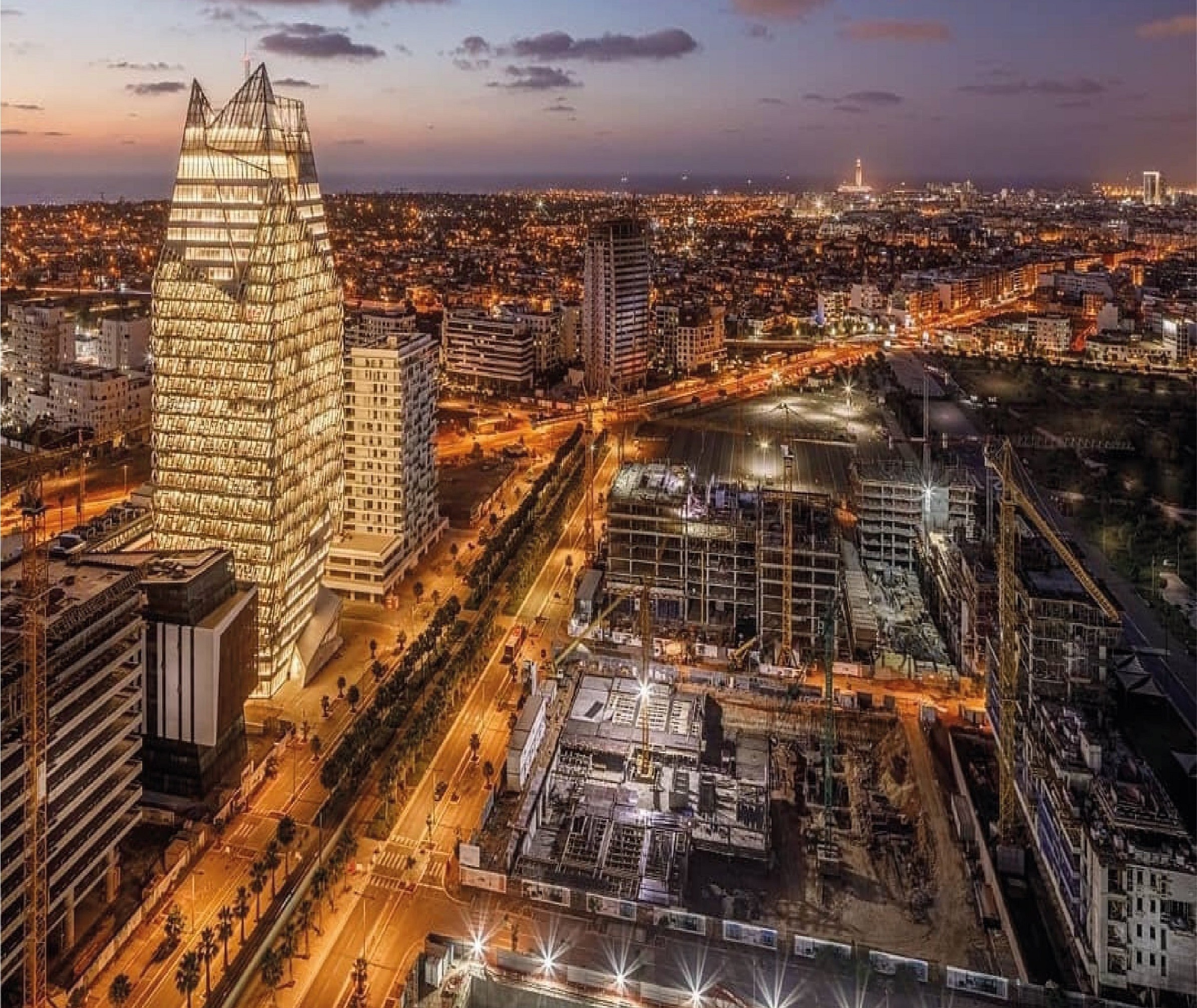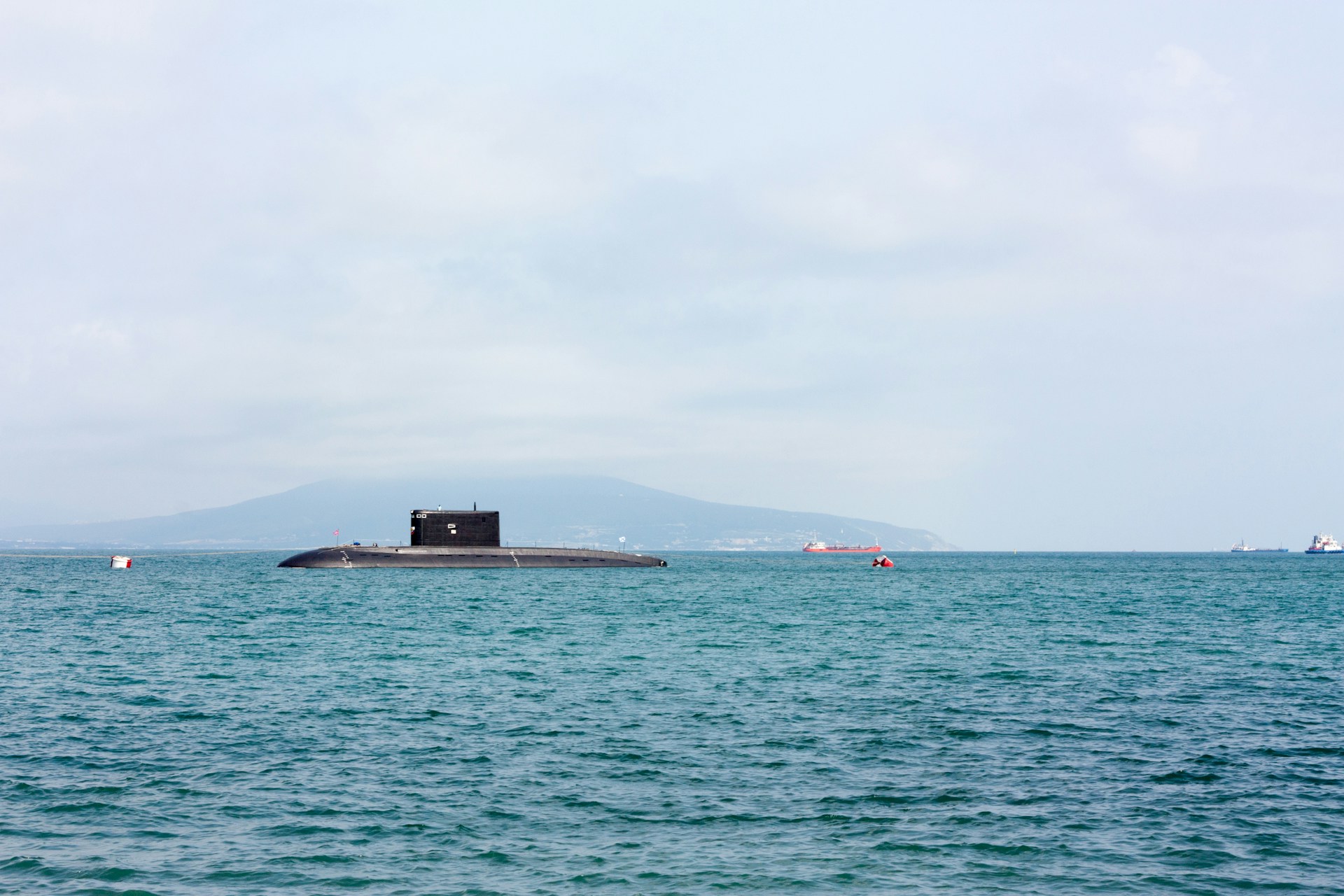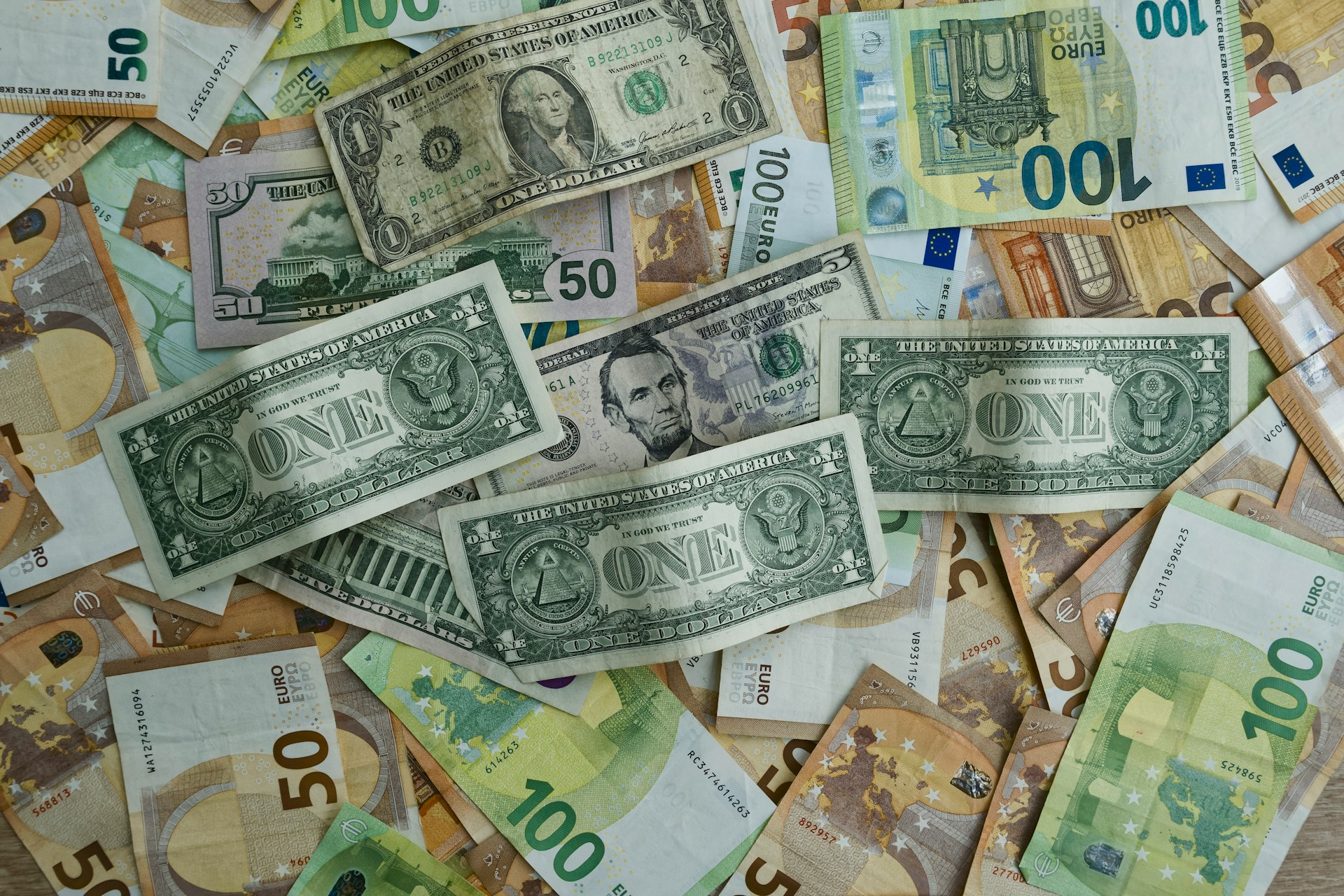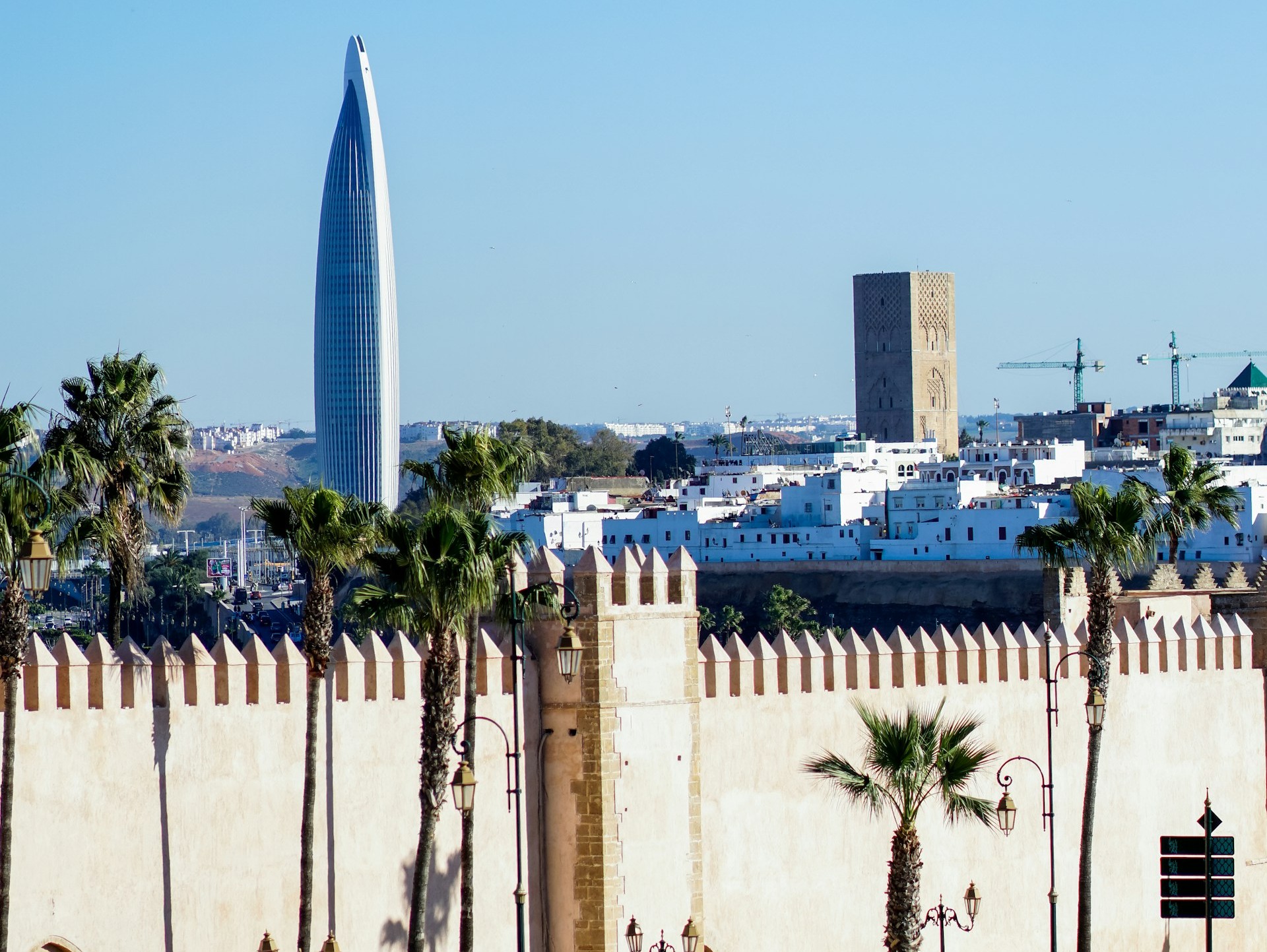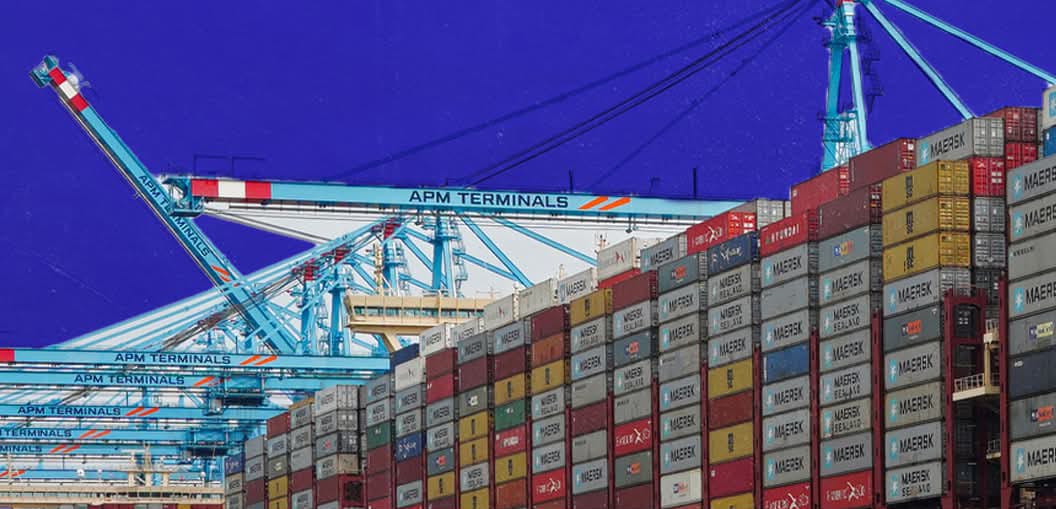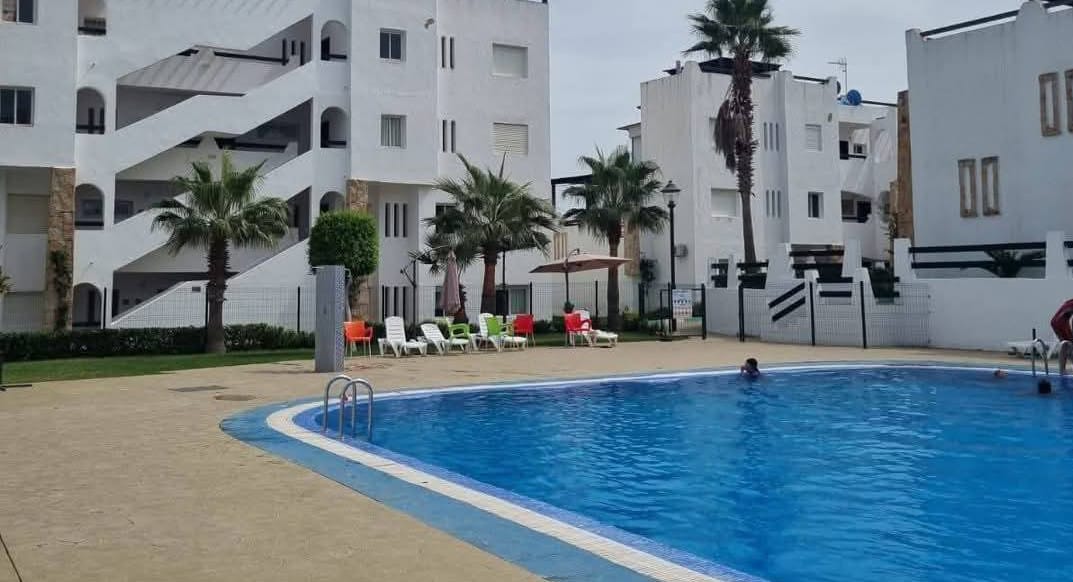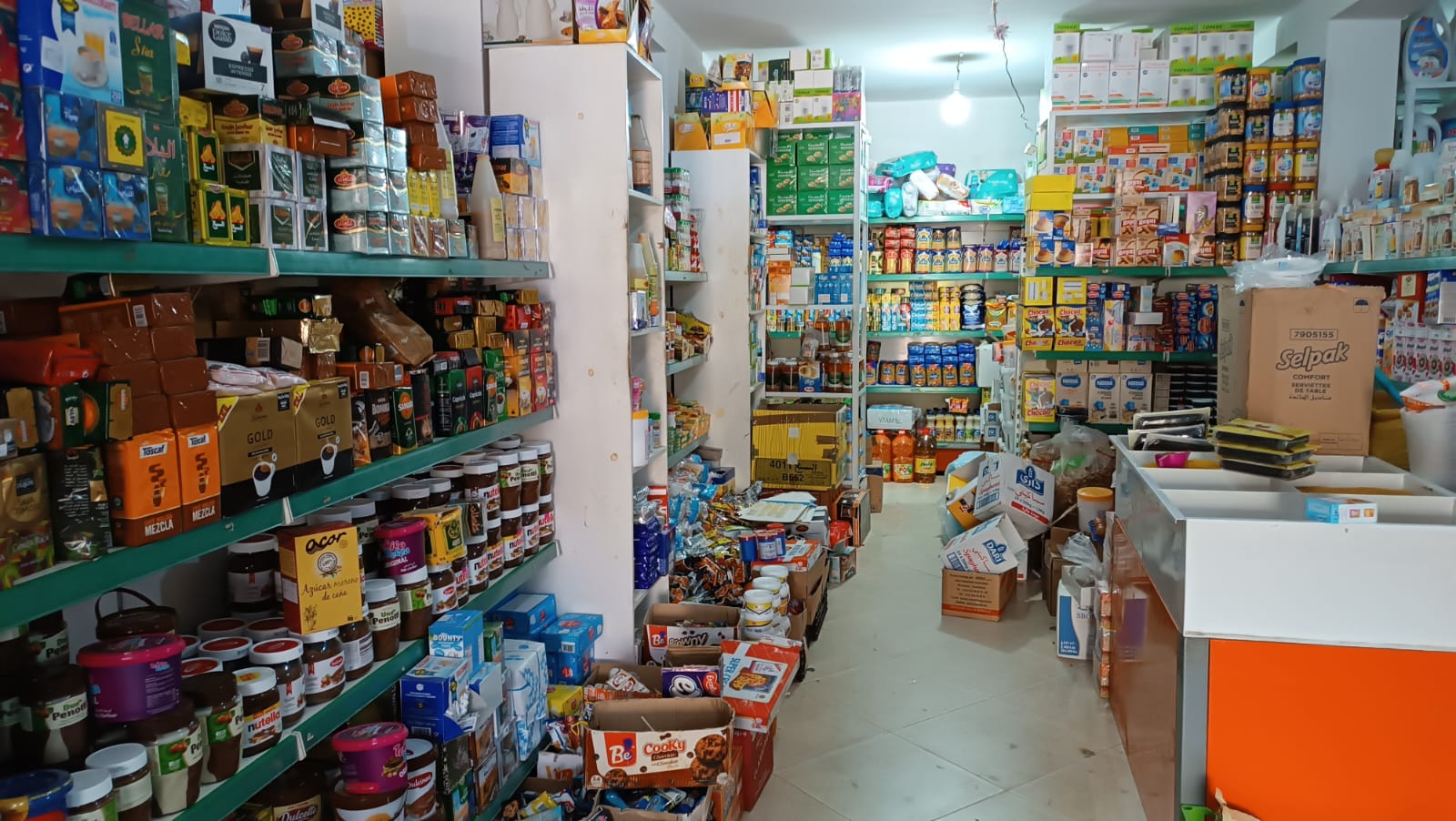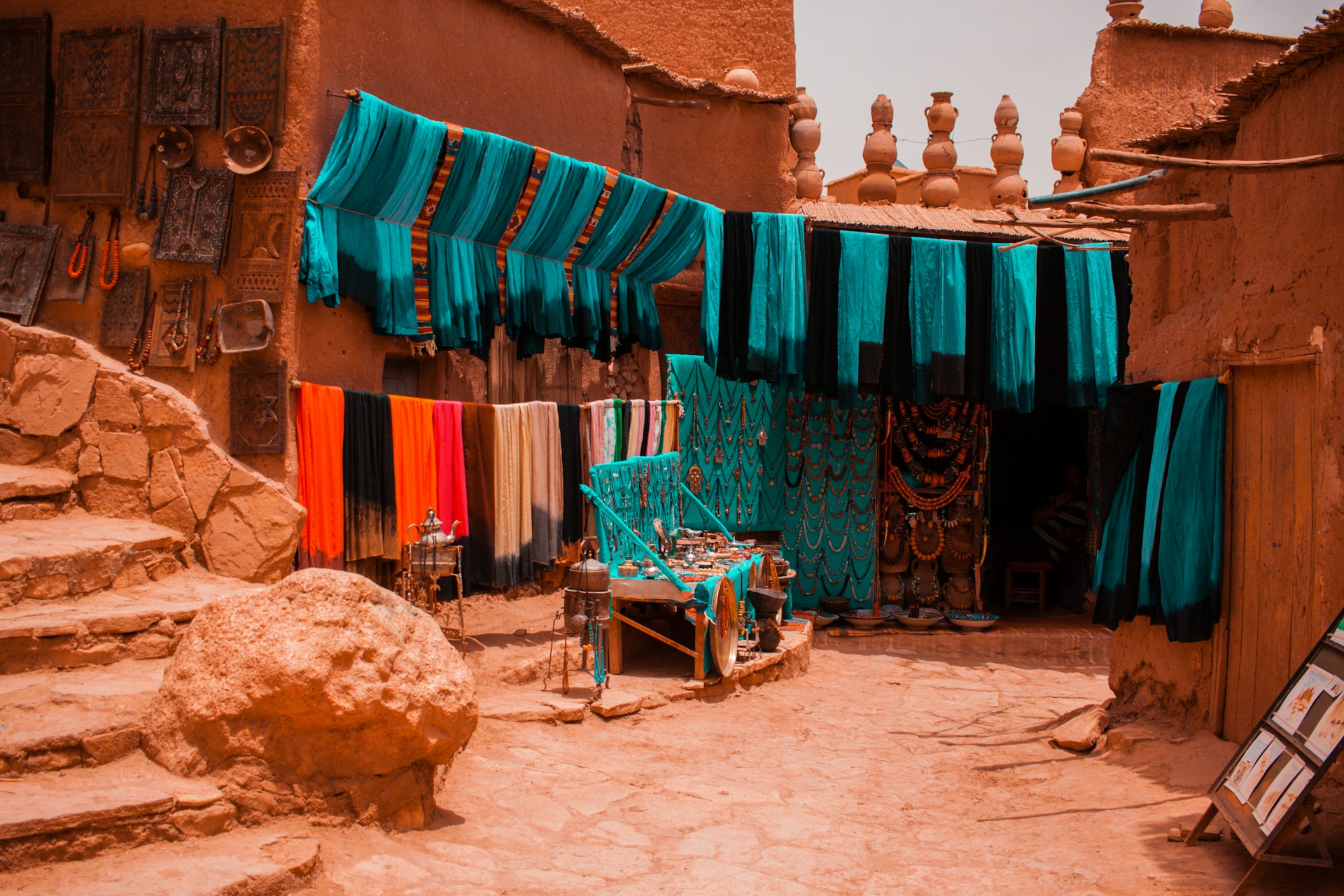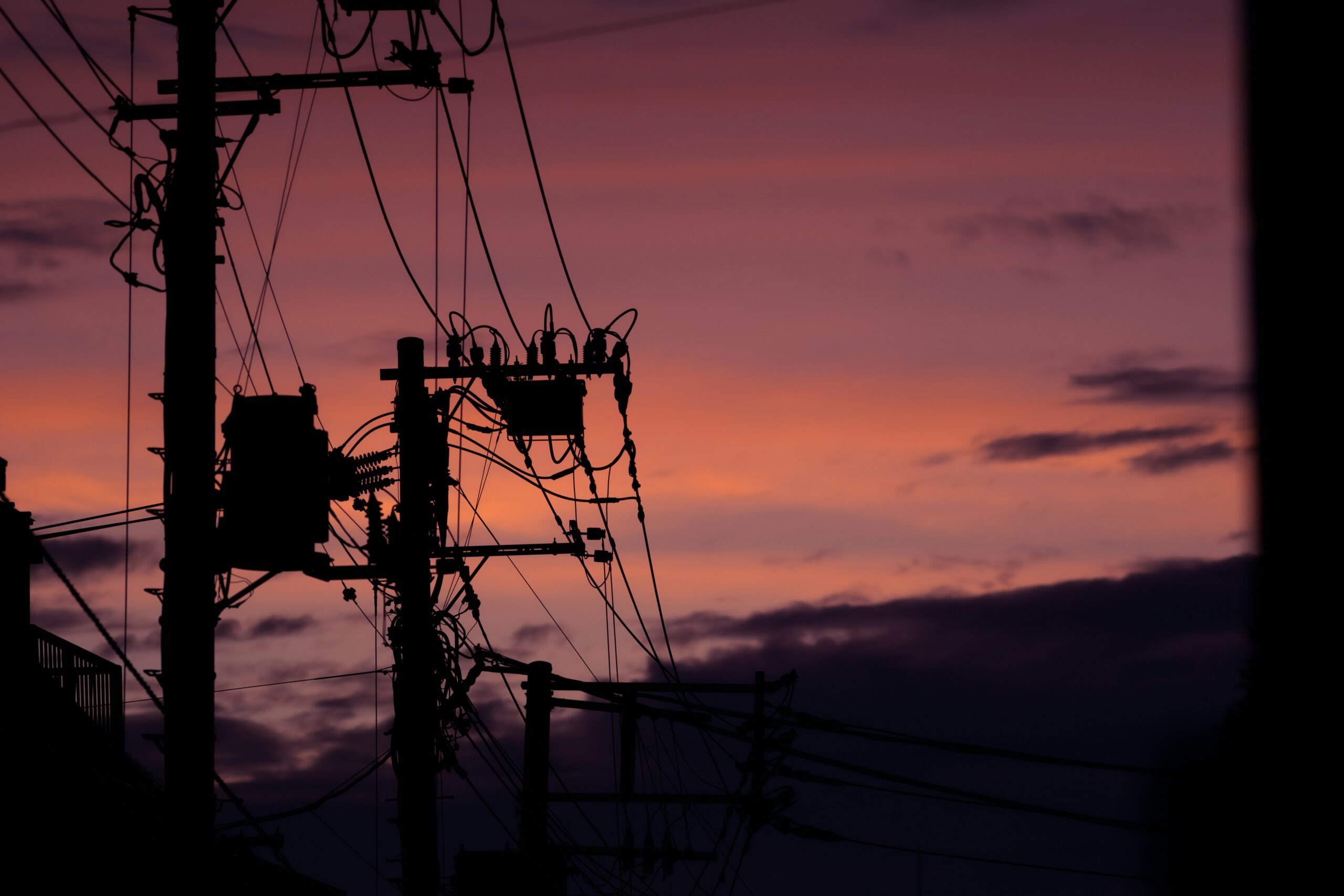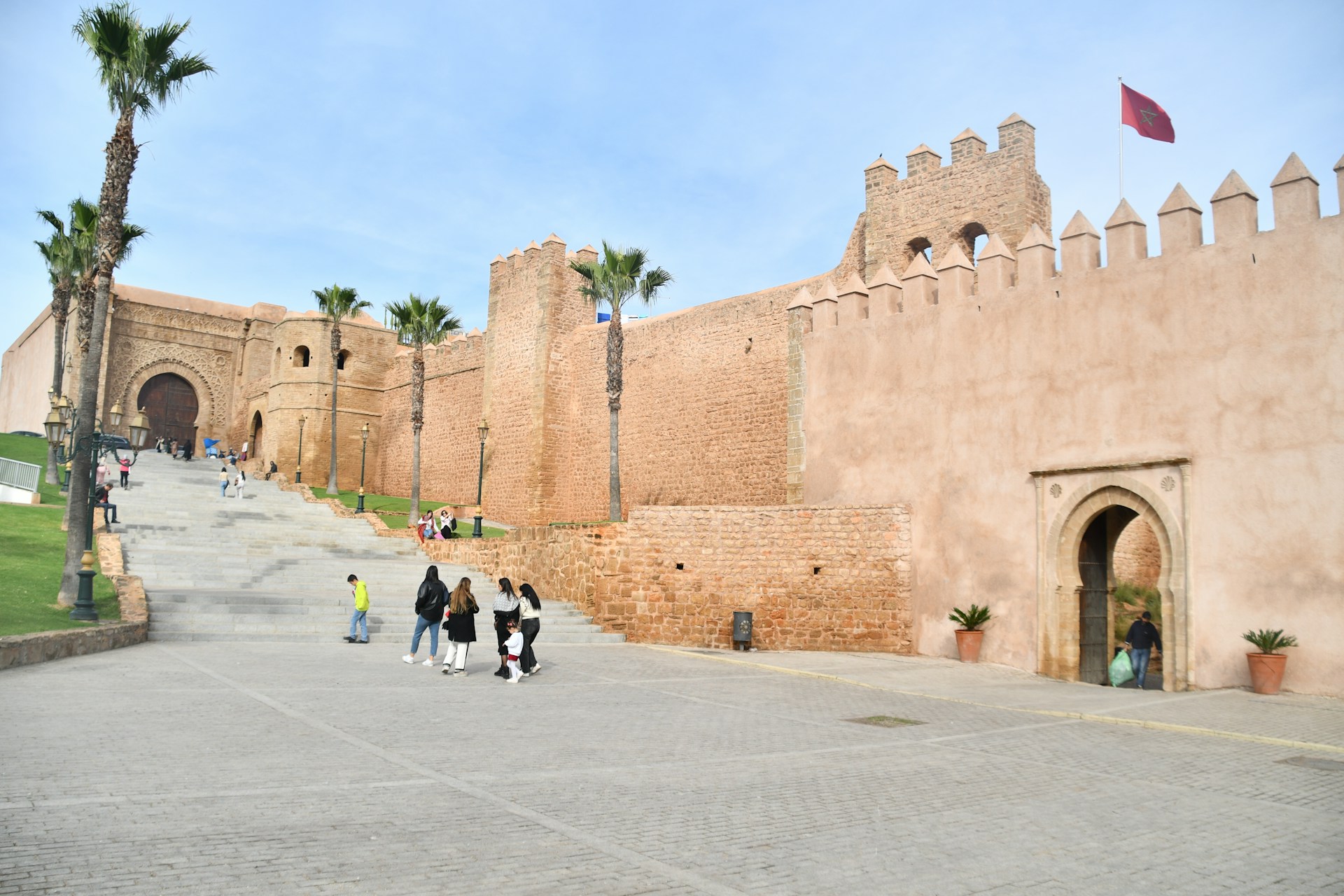Casablanca – The International Monetary Fund (IMF) has delivered a cautiously optimistic verdict on the state of Morocco’s economy, highlighting the country’s resilience in the face of persistent global uncertainties and mounting environmental pressures. In a comprehensive assessment released this week, the IMF’s Executive Board approved the third and final review under the Resilience and Sustainability Facility (RSF) and provided an updated analysis of the Moroccan economy under Article IV consultations.
Backed by this positive evaluation, Morocco has unlocked an additional $496 million in financing support, concluding a multi-year cycle of macroeconomic assistance initiated in 2022. This final disbursement follows the approval earlier this month of a new two-year agreement under the Flexible Credit Line (FCL), amounting to approximately $4.5 billion—a preemptive buffer against potential external shocks.
A balancing act in difficult times
Despite grappling with consecutive years of drought and navigating a volatile global environment, Morocco’s economic fundamentals remain largely stable. Real GDP growth for 2024 is projected at 3.2%, a modest dip from 3.4% in 2023, primarily attributed to poor agricultural output. However, the IMF emphasizes that this slowdown was softened by robust domestic demand, supported by declining inflation and targeted financial support for households.
Encouragingly, non-agricultural sectors have shown signs of vitality, buoyed by major infrastructure investments and an uptick in industrial exports. Tourism and remittances from the Moroccan diaspora also played a crucial role in cushioning the impact of global headwinds, helping stabilize the current account balance.
Looking forward, the Fund projects growth to accelerate to 3.7% in the medium term, assuming continued momentum in public infrastructure, structural reforms, and investment inflows under Morocco’s new Investment Charter.
Budgetary discipline and tax reform deliver results
On the fiscal front, Morocco’s public accounts saw notable improvement. The budget deficit narrowed to 4.1% of GDP in 2024—better than originally forecast—driven largely by higher-than-expected tax revenues, a result of recent fiscal reforms aimed at broadening the tax base.
The IMF commended the government’s intention to introduce a medium-term fiscal rule, linked to public debt sustainability. This measure, part of a broader reform of the Organic Law on Public Finance, is seen as vital to preserving fiscal space while maintaining flexibility to respond to external shocks such as climate volatility or geopolitical disruptions.
However, the Fund also urged Moroccan authorities to bolster fiscal transparency, particularly by integrating public-private partnerships (PPPs) into multi-year expenditure frameworks to better manage financial risks and long-term liabilities.
Labor market remains a structural concern
Despite macroeconomic gains, Morocco’s labor market continues to face significant challenges. The unemployment rate rose to 13.3% in Q4 2024, up from 13% the previous year and well above pre-pandemic levels. Job losses in agriculture, exacerbated by recurring droughts, have contributed heavily to this trend.
The IMF called for a comprehensive national employment strategy aimed at fostering inclusive, sustainable job creation—especially through support for small and medium-sized enterprises (SMEs) and targeted investments in high-potential sectors.
In particular, the Fund highlighted the importance of expanding access to finance, strengthening regional investment centers, and accelerating the deployment of resources from the Mohammed VI Investment Fund, which is intended to support long-term economic development and employment.
Green transition: Progress made, gaps remain
One of the most encouraging aspects of the IMF’s assessment is Morocco’s commitment to the green transition and its performance under the Resilience and Sustainability Facility. Of the seven targeted reforms agreed under the RSF, six have been fully implemented.
These include measures to address water scarcity, reform electricity pricing, and expand private sector participation in renewable energy. The IMF praised these steps as key to enhancing Morocco’s climate resilience and economic competitiveness in the long run.
However, the planned introduction of a carbon tax—seen as a pivotal component of climate-related fiscal policy—has been delayed. Moroccan authorities cited the need for a deeper analysis of its potential economic impact and further consultations with stakeholders across the public and private sectors.
A resilient path ahead
In their concluding remarks, IMF Executive Directors praised Morocco’s economic stewardship and commitment to reform, even under difficult conditions. They encouraged the government to leverage fiscal windfalls, invest in long-term resilience, and maintain cautious but flexible monetary policy, as Bank Al-Maghrib transitions toward a more modern inflation-targeting regime.
The IMF also recommended enhancing financial stability by modernizing risk analysis tools and exploring the creation of a secondary market for non-performing loans, which would strengthen the banking sector’s ability to respond to potential shocks.
While Morocco still faces structural challenges, especially in employment and environmental vulnerability, the overall tone of the IMF’s evaluation is clear: the country is on a resilient, reform-driven path—one that can serve as a model for emerging economies navigating the dual pressures of climate change and global economic uncertainty.

